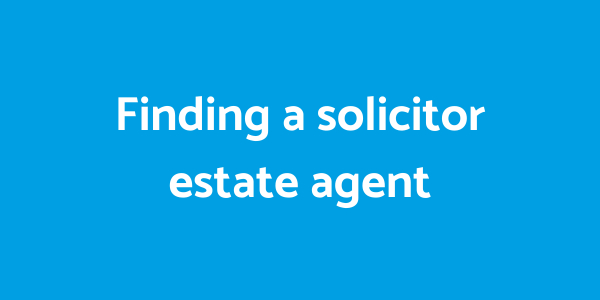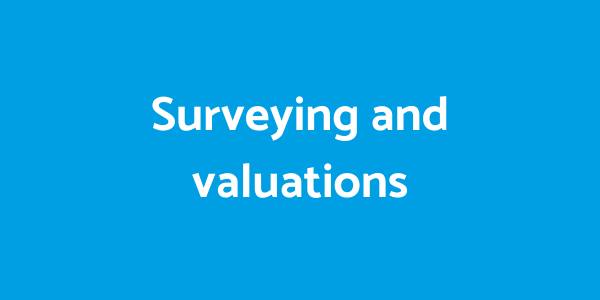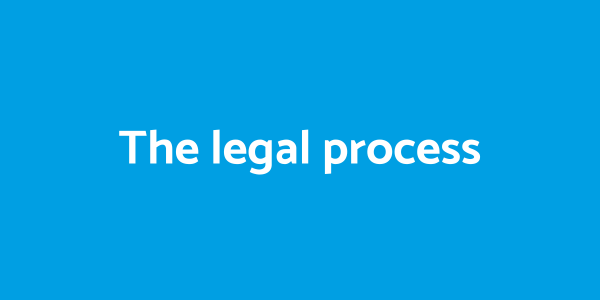Buying Advice: Your Complete Guide to Purchasing a Property
Looking to buy a property in Scotland? You've come to the right place! Whether you're a first-time buyer or a seasoned homeowner, finding the right property can feel both exciting and overwhelming. With so many decisions to make - from location and property type to budget and timing - it's important to have the right guidance. Our Buyers Guide is here to help you navigate the journey with confidence and clarity, every step of the way.
At ESPC, we offer expert advice, local insights and thousands of homes for sale across Edinburgh, the Lothians, Fife, the Scottish Borders, central and west Scotland, and Dumfries and Galloway.
Our extensive network of experienced solicitor estate agents are uniquely placed to support you, offering both property and legal expertise under one roof. If you're looking for an extra level of service, consider choosing one of our Chartered Firms to guide you through the buying process.
Ready to begin your search? Whether you're drawn to the buzz of city life, the tranquillity of the countryside, or somewhere in between, understanding your priorities and where you're willing to compromise can make the process smoother.
Start your property search today on espc.com and sign up for My ESPC to receive tailored alerts on the latest homes hitting the market. We can’t wait to help you find the home of your dreams.






